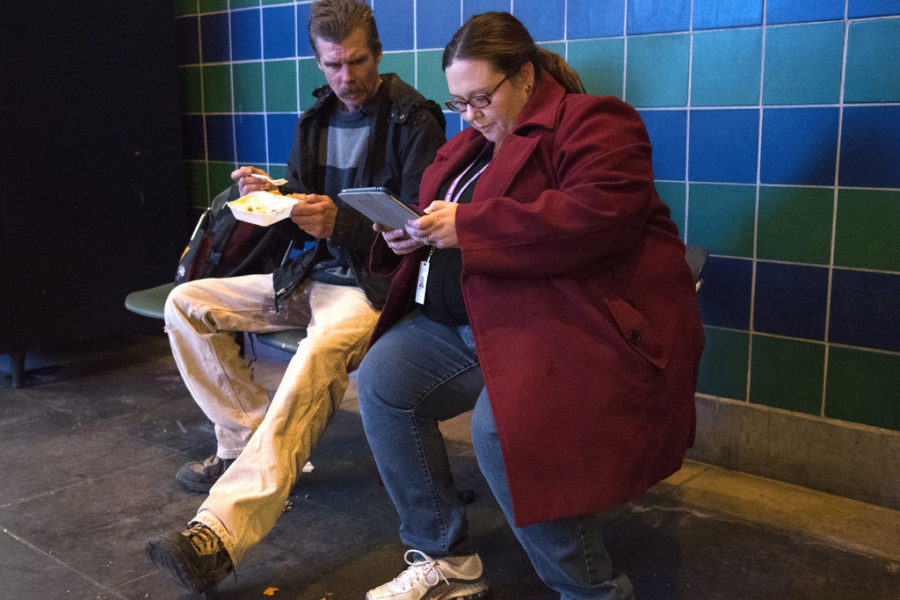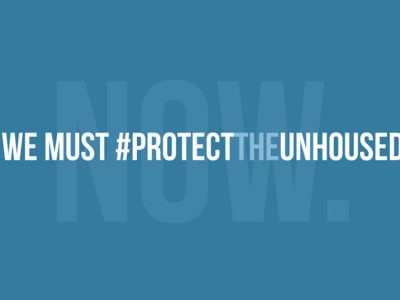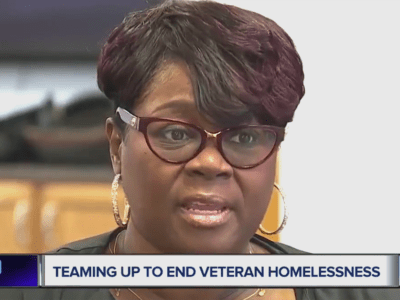
If you’re eager to be reminded that humane and inspiring civic leadership still exists, read on. Over the past three years, nine communities in the United States have reached a rigorous standard known as “functional zero” for either veteran or chronic homelessness — a standard that indicates that homelessness is rare and much briefer than in the past for their populations — and 37 others have accomplished measurable reductions toward that goal.
What’s illuminating is how they’re doing it: by making whole systems smarter.
For the first time, many communities across the country are collecting and maintaining real-time data and lists of the names of people experiencing homelessness, and from those deepening their understanding of the dynamics of a complex and ever-changing problem. They’re also imitating the kind of command-center-led coordination efforts that have been crucial to historic public health victories, such as the eradication of small pox and the near-eradication of polio. And they are linking in a national network, capturing and sharing effective strategies, as they emerge, to improve their performance.




